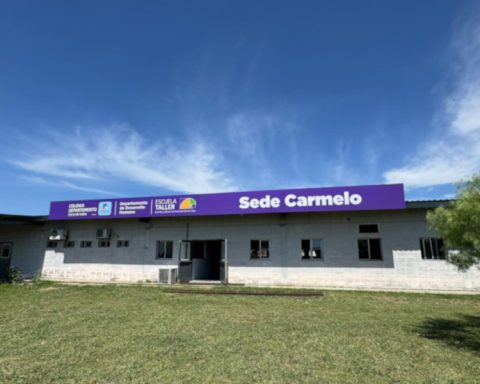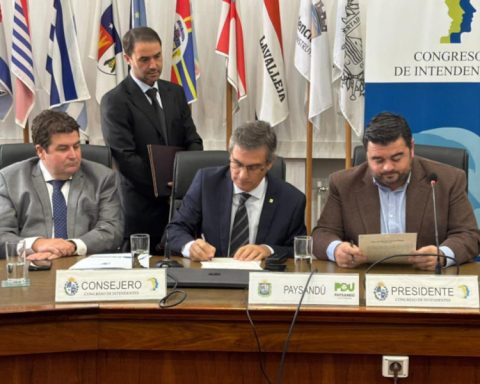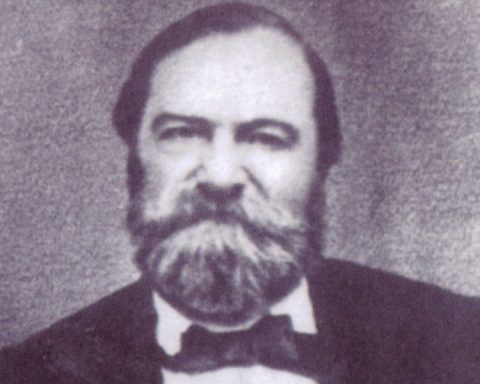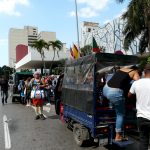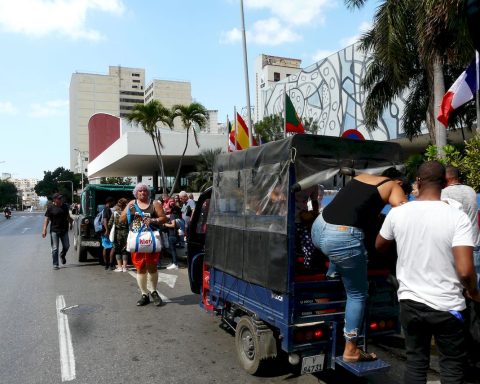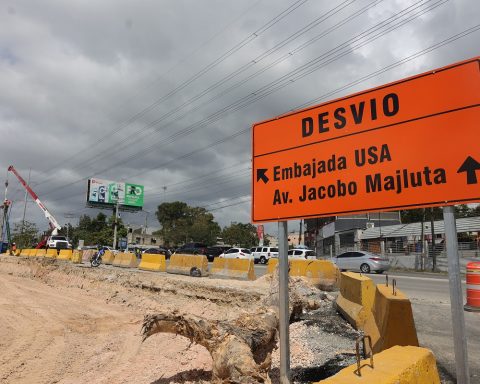Rural producers claimed to have lost purchasing power and cost overruns due to the drop in the price of the dollar, adversity that they have been denouncing and want to transmit to the government. This is an issue that continues to worry the agricultural unions and was one of the issues considered in the first meeting of Campo Unido in 2023.
The unions understand the government’s position to control inflation “with a low exchange rate”, although they recognize that for rural producers this is a very difficult situationexplained to The Observer Pablo Perdomo, president of the Federated Agrarian Cooperatives (CAF).
Ines Guimaraens
Campo Unido held its first meeting of the year.
skinny weights
“Every dollar we receive ends up being skinny pesos with which we have to pay our debts. It is the same as if a wage earner were receiving a 12% reduction in salary today. For the majority of producers –80% of which are small and medium-sized throughout the country– this leads to the loss of purchasing power,” he said.
This loss was one of the issues discussed at the meeting of six of the main unions in the agricultural sector. Producers highlighted that they lost 20% of purchasing power they had for the dollars already collected from exports, while facing rising input costs.
Perdomo added that while the values of exported products drop, the farm “is not fat”, milk production decreases and crops do not yield what they should, “There is beginning to be underfunding”.
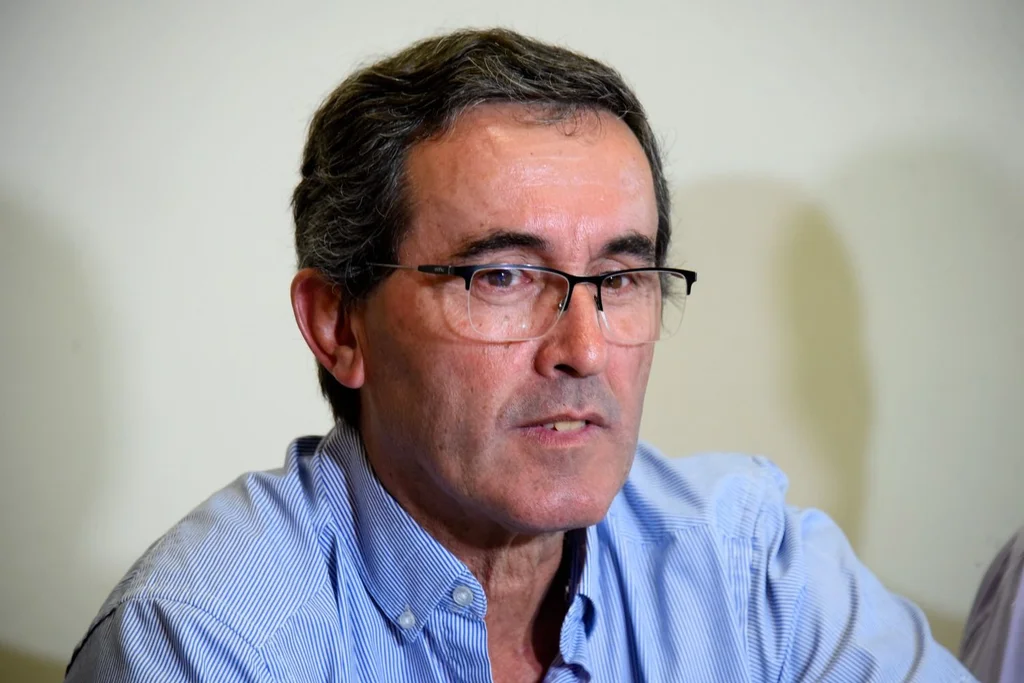
Ines Guimaraens
Pablo Perdomo, president of the Federated Agrarian Cooperatives (CAF).
The dollar during this government
In March 2021, the dollar was quoted at $45.25; in August it dropped to $43.60; and the year ended at $45.90.
In July 2022 the value of each dollar was $40 and in December it was $39.80.
This Tuesday, January 17, it traded at $40.85 according to the board of Banco República (BROU).
Those presented are sales values on the blackboard.
In March 2020, after assuming the presidency, Lacalle Pou considered in a Interview with The Observer that “The dollar is an important element, but there are other elements that help mitigate the lack of competitiveness”.
they don’t want to cry
The vice president of the Rural Federation, Ignacio Cabrera, assured that although they are facing cost overruns, since they earn in dollars and have costs in pesos – “most of them indexed to inflation, such as wages, fuel and taxes” – They do not want to present the situation to the government “in terms of tears”.
“The government is not going to solve this (drought), it is impossible for it to do so, but we want competitive conditions to be reasonable,” he said.
This is the third consecutive summer with drought and rural producers face economic and productive losses. On the one hand there is less grass and that forces them to invest in food, such as rations, and for another because the yields decrease. In the dairy sector, for example, production has started to drop.
Producers know that these situations are part of the business, “not a complaintwe are trying to make the people of the city understand that just as sometimes they see how much soybeans have risen and they think ‘they are making a wheelbarrow of silver’, there are excellent years, but this is going to be a disaster”, he said, and highlighted: “Today we have much less margin to face a situation like this”.

Ines Guimaraens
Ignacio Cabrera, vice president of the Rural Federation (FR).
exchange delay
Néstor Cabrera, vice president of the National Association of Milk Producers (ANPL) agreed that the exchange rate worrieswhy “An agro-exporting country must have a dollar that accompanies the region and the world”.
Competitiveness, the price of the dollar and logistical possibilities were some of the concepts that Alfredo Lago, president of the Rice Growers Association (ACA) mentioned at a press conference after the Campo Unido meeting. These are issues that, according to him, he highlighted, they want to keep on the agenda they have with the government.
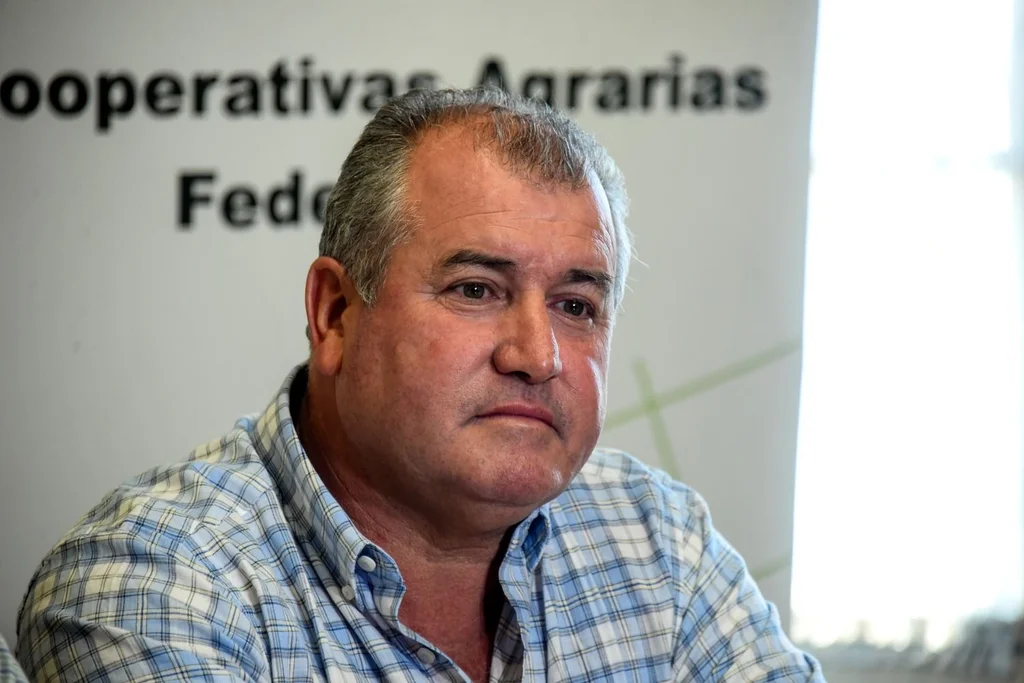
Ines Guimaraens
Néstor Cabrera, vice president of the National Association of Milk Producers (ANPL).
Cabrera mentioned that the concern is because there is “a significant delay”. Fernando López, president of the National Commission for Rural Development (CNFR), agreed with this idea, who highlighted: “Historically, the exchange rate delay has hit the country as a whole. The exchange rate is an important variable. When the dollar goes headlong, some sectors, especially agro-exporters, benefit, and I think there should be a balance. In these times we are below balance and that is showing ”.
He concluded by saying that the increase in the prices of inputs for production affects much more than the exchange rate.
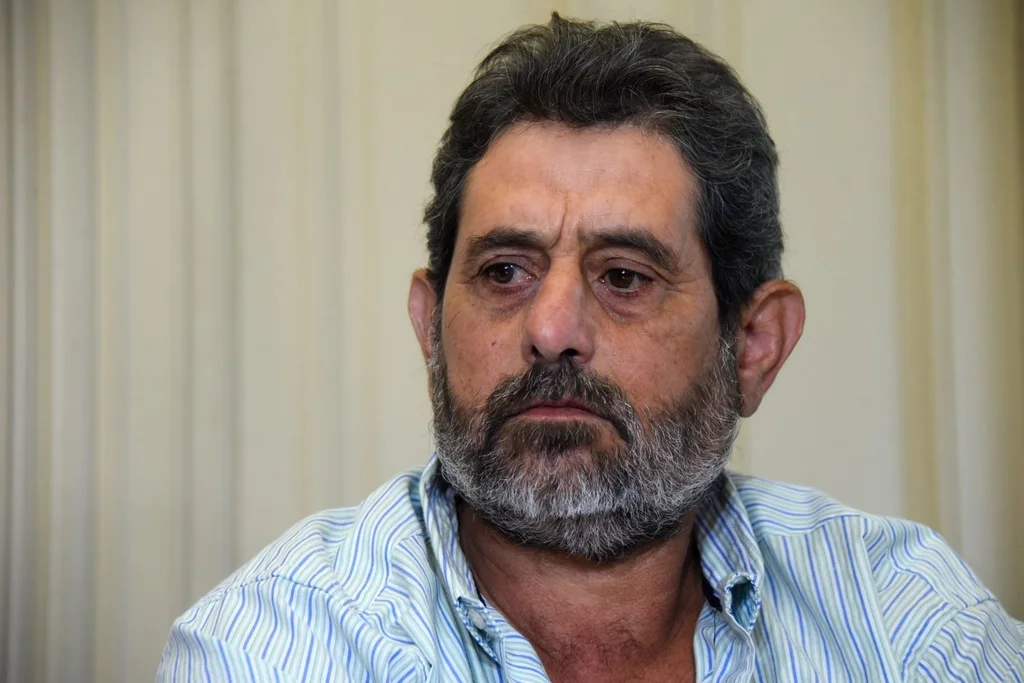
Ines Guimaraens
Fernando López, president of the National Commission for Rural Development (CNFR).

